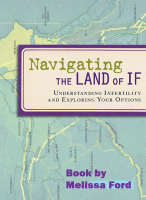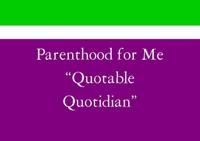
Every once in a while I like to get out an "oldie but goodie". After re-visiting Margaret Atwood, John Irving is the next one up. He certainly influenced my early teens with his zany characters. You see, I was a zany teenager myself. Don't know where to start. Hummm! The World According to Garp or the Hotel New Hampshire? Tough decision. I think, of the two, Garp was the one that marked me most, with both joyous and heartbreaking moments. I'll never forget that scene in the movie when his mother, a radically independent nurse, conceives him by taking advantage of a brain-damaged soldier. The Hotel New Hampshire is by far his quirkiest novel with all those dysfunctional characters. It also brings back quirky memories of my own childhood at The Rideau Hotel. I think I'll start with the latter as I could do with a good laugh right now.
"Although Irving's first three novels were well-received critically, popular success had eluded him for a decade. The publication of his fourth novel was to change his life irrevocably. The World According to Garp featured, as its protagonist, an author whose stories comment on his own life and on the book itself, and involve him with a set of dizzyingly eccentric characters, besieged by hostile fate. First published in 1978, Garp received ecstatic reviews and sold prodigiously. It won its author a loyal worldwide audience. Passed over for the National Book Award in 1979, it was honored in 1980 when the National Book Foundation granted separate awards for fiction in hardcover and paperback. Since the international success of Garp, every book Irving has written has been a best-seller. Although success freed Irving to write full time, he did not choose to cloister himself in his study. After completing the last of his Writer-in-Residence appointments, this one at Brandeis University, he coached wrestling at prep schools for most of the 1980s, while writing the most popular literary novels of the decade.
Like The World According to Garp, Irving's next novel, The Hotel New Hampshire (1981), presented a cast of vividly imagined eccentric characters. The Cider House Rules (1985), is set in Maine in the early decades of the 20th century, at an orphanage presided over by a kindly, ether-addicted obstetrician and abortionist. This book threw Irving into the thick of the debate over abortion in America. Irving's own pro-choice position was informed in part by the life and writings of his adoptive grandfather, a prominent obstetrician and gynecologist. Questions of religion, morality and the randomness of fate figure strongly in Irving's next work, A Prayer for Owen Meany (1989), in which a foul ball hit by a small boy in a Little League game kills a spectator, the mother of the boy's teammate."
John Irving on how the Canadian and American literary scenes differ. Amen to his last comment!














No comments:
Post a Comment